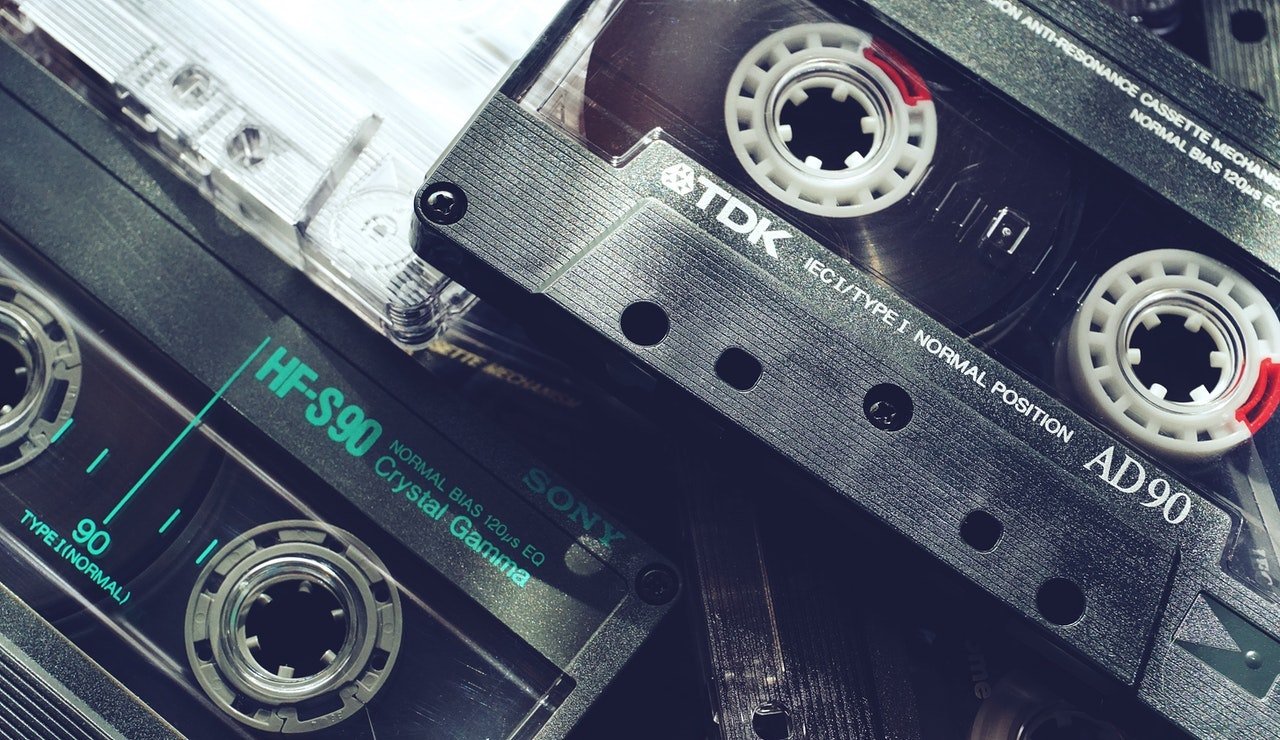
Photo by Suzy Hazelwood.
Remember a few months ago when we told you the waiting would be the hardest part? We’re here now.
Waiting for school to start. Or for school to not start. Waiting to get back to the office. Or for our companies to declare permanent wfh. Waiting to visit a favourite restaurant, or to see yet another FOR LEASE sign. Waiting for the COVID case counts to fall or for a vaccine to arrive. Checking in on friends, and wondering whether we should get some extra toilet paper. Just in case.
We’re watching the lava flow of democracy as people take to the streets. And governments try to stop them. All while waiting to find out if the world as we know it has changed and wondering whether we can or should go back. Even as they evolve and escalate, even when you’ve chosen a side, even when it’s so clear that justice can’t wait, it can sometimes feel like a holding pattern.
Everyone is just waiting.
We talked about the fog in the earliest days. That in crisis, it can be hard to make decisions because the facts on the ground keep changing. That, as leaders, the fog fucks with our clarity. It makes us draw inward, and move slower. And it means we’re late to deliver on the things our team needs to keep going.
The fog, for the most part, has lifted. Many of us are able to see clearly. And what we can see is water. Water to the north. To the south. To the east. And to the west. We are clear, but we are adrift and there is no dry land in sight. And when we try to make sense of it, either through case counts or ICU capacity, or trying to guess what local school boards might do, we come up short. Not because we lack formal training as epidemiologists, hospital administrators, or civil servants. But because those people don’t have answers either. At least not yet.
Water, all around. Paired with an urgent need to act, but also the knowledge that there’s no point in running yourself down in random directions. A bias towards action pays off if you guess right. But right now the stakes feel very high for getting it wrong. So you wait.
Making progress while standing still
There’s no one, universal way to cope with the wait. There can’t be. Sometimes enduring the wait is as much as we can do. We distract ourselves from it with nonsense like trying to find a supply of Bold BBQ Doritos because anything heavier is too much.
But there is a practice we come back to over and over. Whenever we find ourselves in the wait. When there’s quiet and we’re not sure if it will last and we have the energy to want to do something with it.
We run tapes.
We’re not sure where we picked up the expression “run your tapes.” Google is unhelpful on this subject (though a trip down VHS memory lane). We suspect it was from sports, since every pro player regularly runs their tapes and their opponents’ tapes. But we’ve learned from past conversations that it’s not a phrase in common use. So: to run the tapes is to review past performance – yours or someone else’s – to see what you can learn from it. To run, and re-run, the metaphorical or literal video tape.
A secret about the two of us is that we run the tapes constantly. Our tapes. Other people’s tapes. Any industry, any time period. We replay the decisions we make and the implications of those decisions. We see how other people have built, or busted, their own success and whether we’d have the wisdom or the courage to do any better.
The core of that tortured “10,000 hours to be an expert” research is not the raw time spent. It’s that it be spent in “deliberative practice.” Deliberate. As a verb, not an adjective. Deliberative practice is running your tapes.
If we had one open-ended interview question to ask Serena, Barack, or Beyoncé, it would be the same. “How do you think about running your tapes?” We’re confident they’d each have a good answer.
The wait gives you time to run those tapes. And when it’s too much mental effort to run our own, we run others.
We ran Michael Jordan’s tapes. What stood out for us was not just Jordan’s story, but those around him. You can see how Dennis Rodman and Steve Kerr run their tapes, and how Jerry Kraus seems not to. We ran Taylor Swift’s tapes. We ran Alexander McQueen’s tapes. Jay-Z has multiple albums devoted to running his own tapes. We listened to those, too.
As tech leaders, we run some tapes more than others. Our industry has a culture of post-mortems. We talk about learning organizations. We tell ourselves that if we stumble, or trip along the way, it should be because of the hard technical challenges we’re trying to solve. Not because someone in QA forgot to test it in right-to-left languages. We talk about “not making the same mistake twice.”
Many folks know this tool, are familiar with it in a work context, but stop short of applying it inward. It’s not comfortable. To dig up all the old shit, and sift through it for pattern or meaning. But if you can make space for it, this is where breakthroughs happen.
Facts, Context, Emotions, Meaning
It helps to have a bit of distance at first. Don’t pick a tape for something that happened last week. You’re too close to it. Pick something from your last job or from the first job you ever had. And start to rebuild the lattice, the structure of it. The ingredients are the same ones used in narrative-focused therapy: facts, context, emotions, meaning. Start with what happened and the context and feelings you had at the time. As you rebuild, layer in the context you now have – about the impact of those decisions, both near term and long term. And work through how you would approach the same situation, faced with it today. Is there any learning there?
As you get more practiced, it’s easier to pick more modern tapes off the shelf. They don’t need to be old because you’re not clinging to the idea that you were right and your former boss was an asshole. Even if he totally was, it’s not the point of this exercise. From this place of spaciousness, you get as close as you can to objectivity. They’re still your tapes. You’re still entitled to have a perspective and even some bias. But when athletes and performers run their tapes, they’re specifically looking for the ways they can get better. If you only spend time on the highlight reel, you’re missing the point.
There’s a humility to it. You’ll know you’re into the good stuff when you start to see your own mistakes. Or see that you would not have made the call that someone else did, and their call was better. Not from a place of self-loathing but from a place of self-knowledge. You’ll know that you’re into the good stuff when you start to see places you wouldn’t make a mistake that someone else did. Not from a place of self-satisfaction, but from a place of deliberacy.
The result of running tapes – especially your own – is that you accumulate all these places where you can now see around corners and make smarter choices. From the outside, people often attribute it to wisdom or experience or “instinct.” But that belies the hard, effortful work happening under the surface. You can be old, and have lived through a lot of shit, and still be making the same mistakes.
Run your tapes. It’s how you get ready for whatever comes after the wait.
– Melissa and Johnathan






